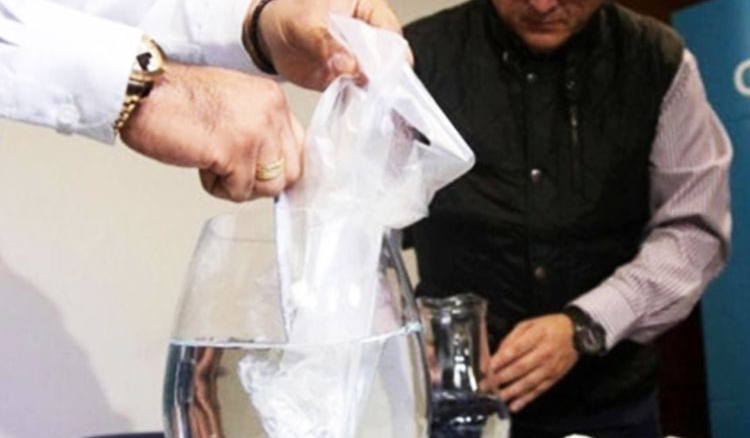Roberto Astete and Cristian Olivares, two researchers from Chile, are the masterminds behind a new biodegradable plastic bag, named Solubag. They discovered the formula while experimenting with biodegradable detergent. The team used PVA, a polyvinyl alcohol that dissolves in water, as their chemical base and then replaced the oil derivatives to ensure the bag would degrade over time.
In traditional plastic bags, it is the oil derivatives that prevent them from breaking down and instead remain in the environment, thereby causing serious harm to marine life and natural environments. However, Solubag is made from a limestone that does not hurt the environment. Astete is the general director of SoluBag, a company that hopes to start selling the bags in Chile from October. The Chilean government has launched various initiatives to reduce the use of plastics. From August, it will become one of the first countries in Latin America to ban the use of traditional plastic bags in stores. The idea was first put forward under the former government of president Michelle Bachelet, who proposed a ban on plastic in coastal regions, and it was extended by current President Sebastián Piñera to the whole country.
According to Astete, producing Solubag is like making bread. To make bread one needs flour and other ingredients. The flour required for Solubag is polyvinyl alcohol and other elements approved by the FDA [US Food and Drug Administration], that have allowed the creation of a prime material to make different products.








